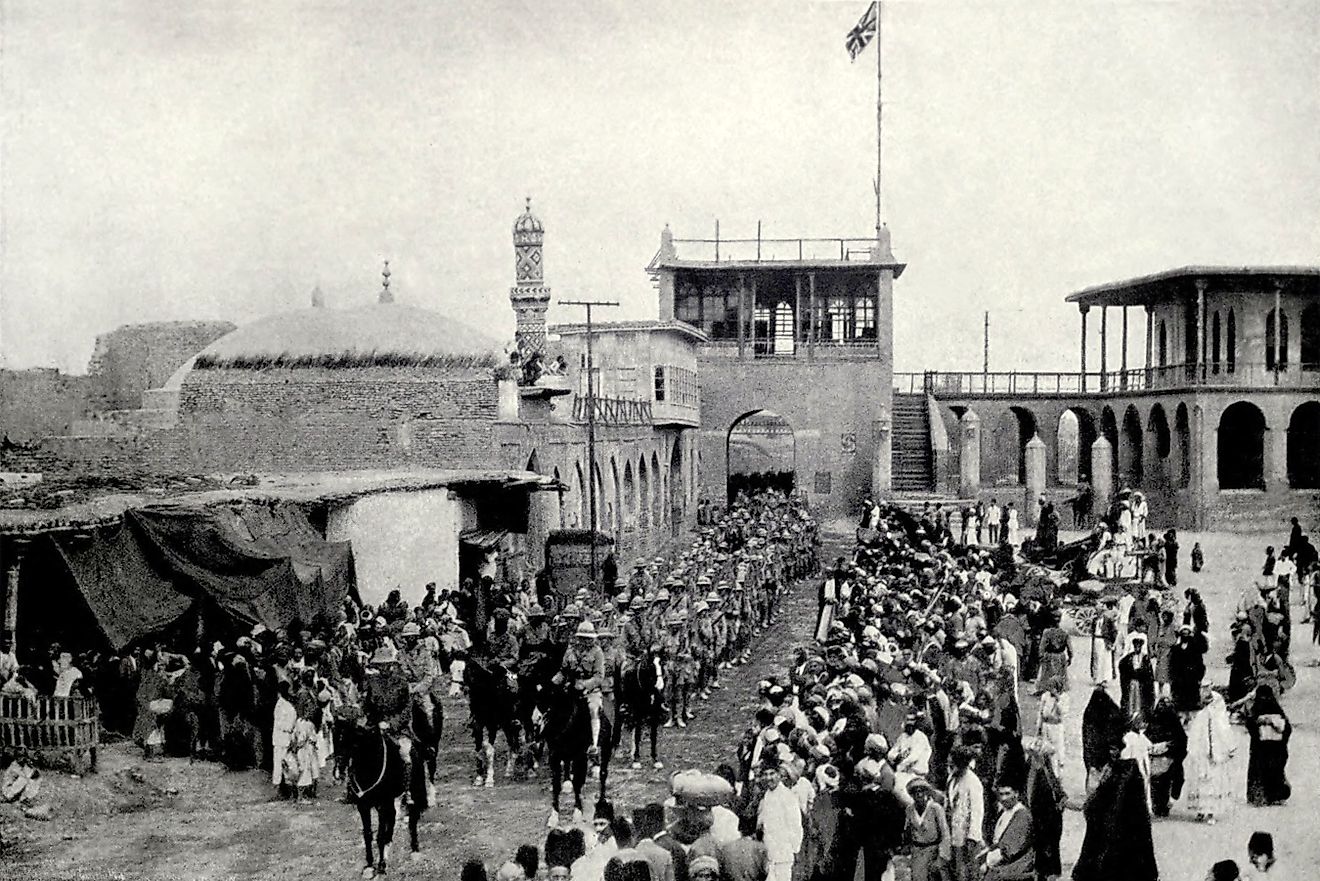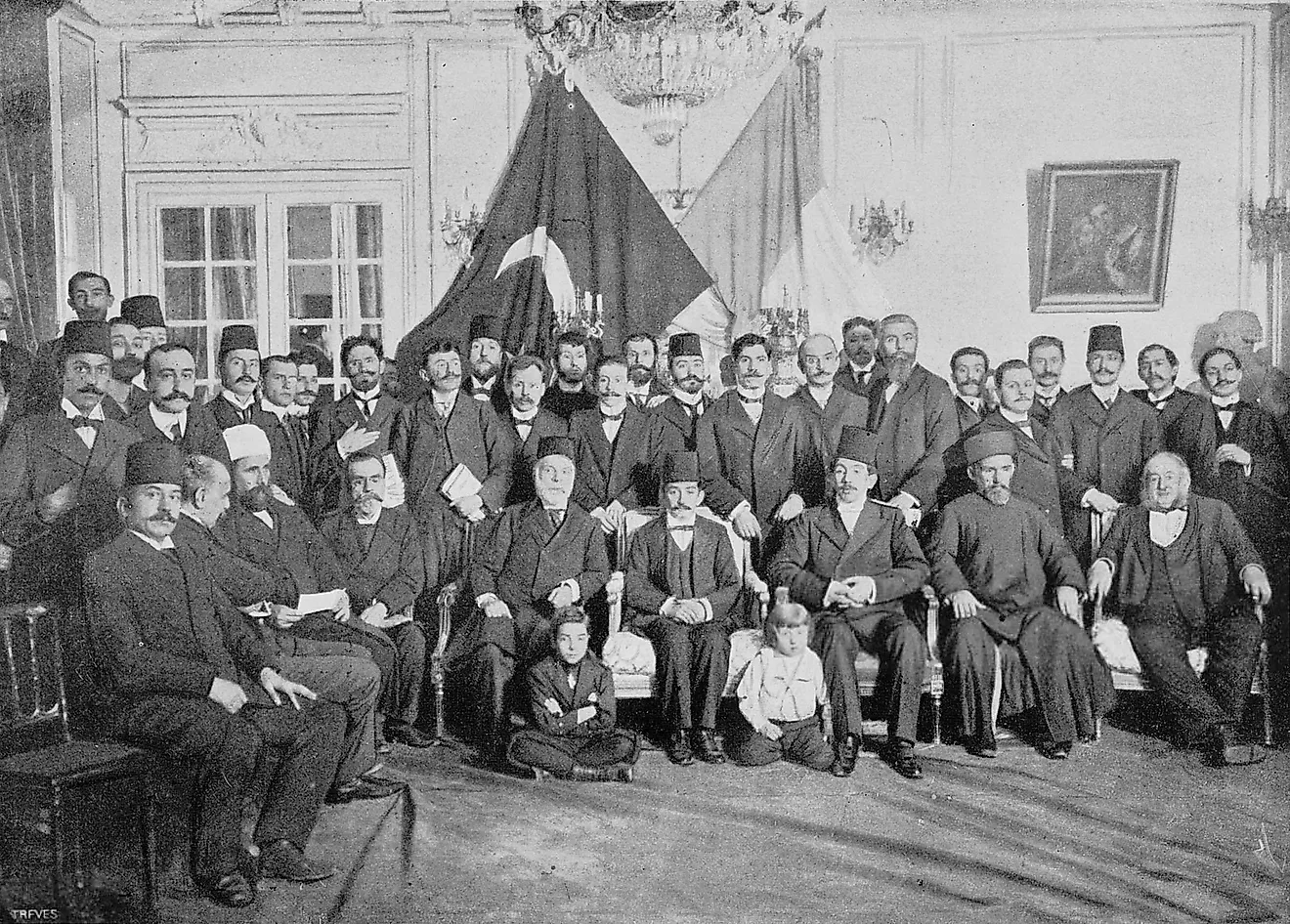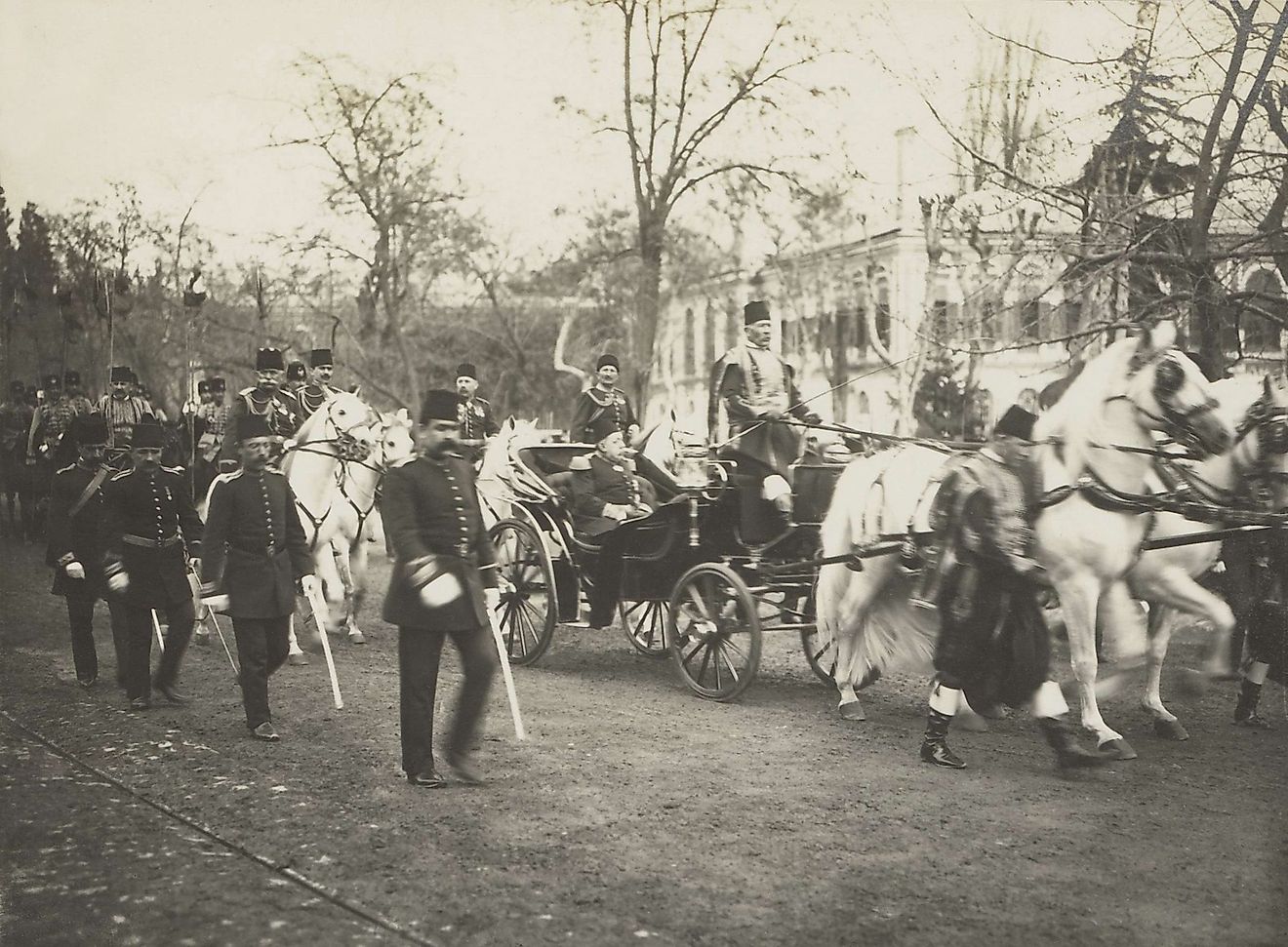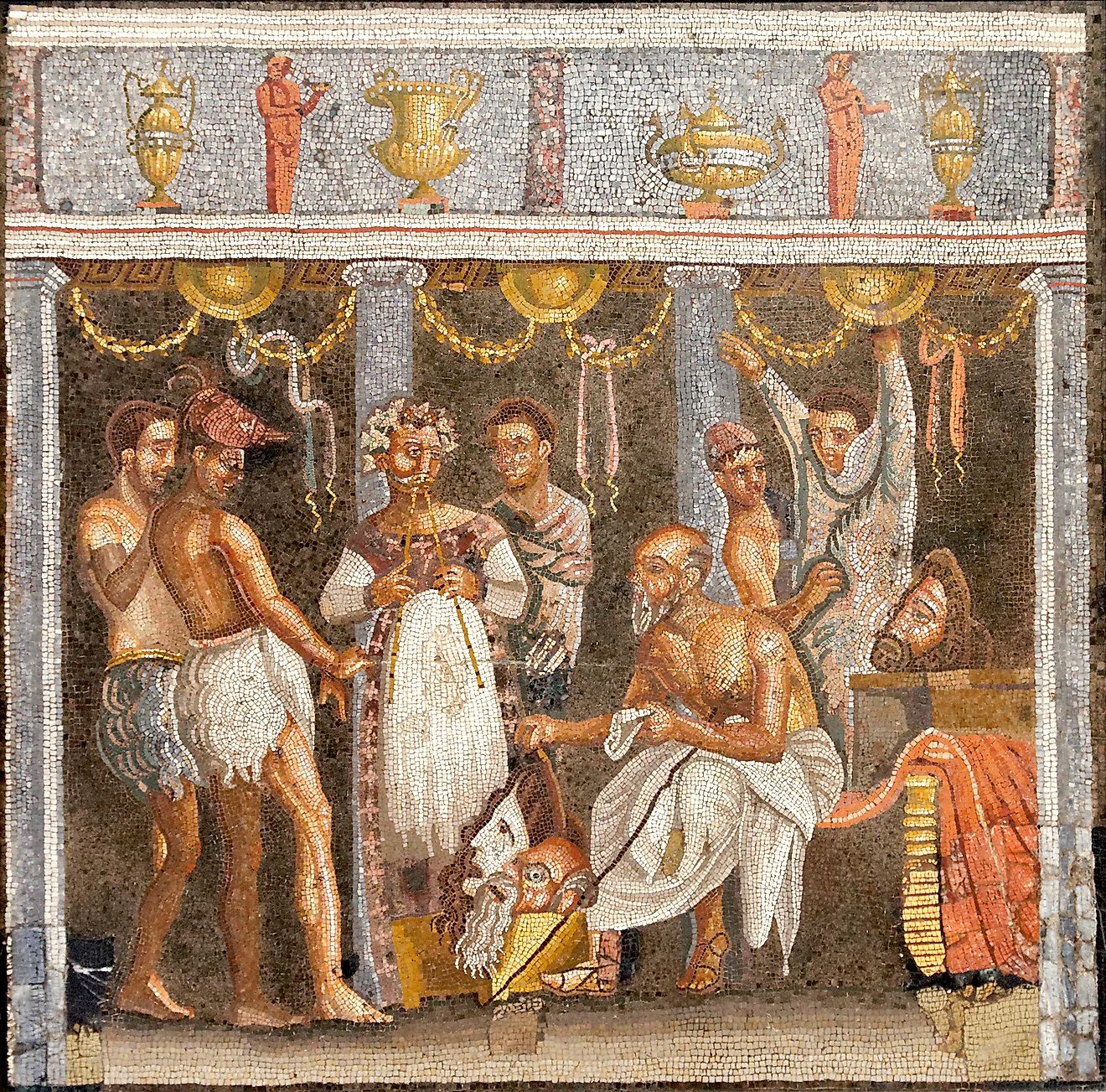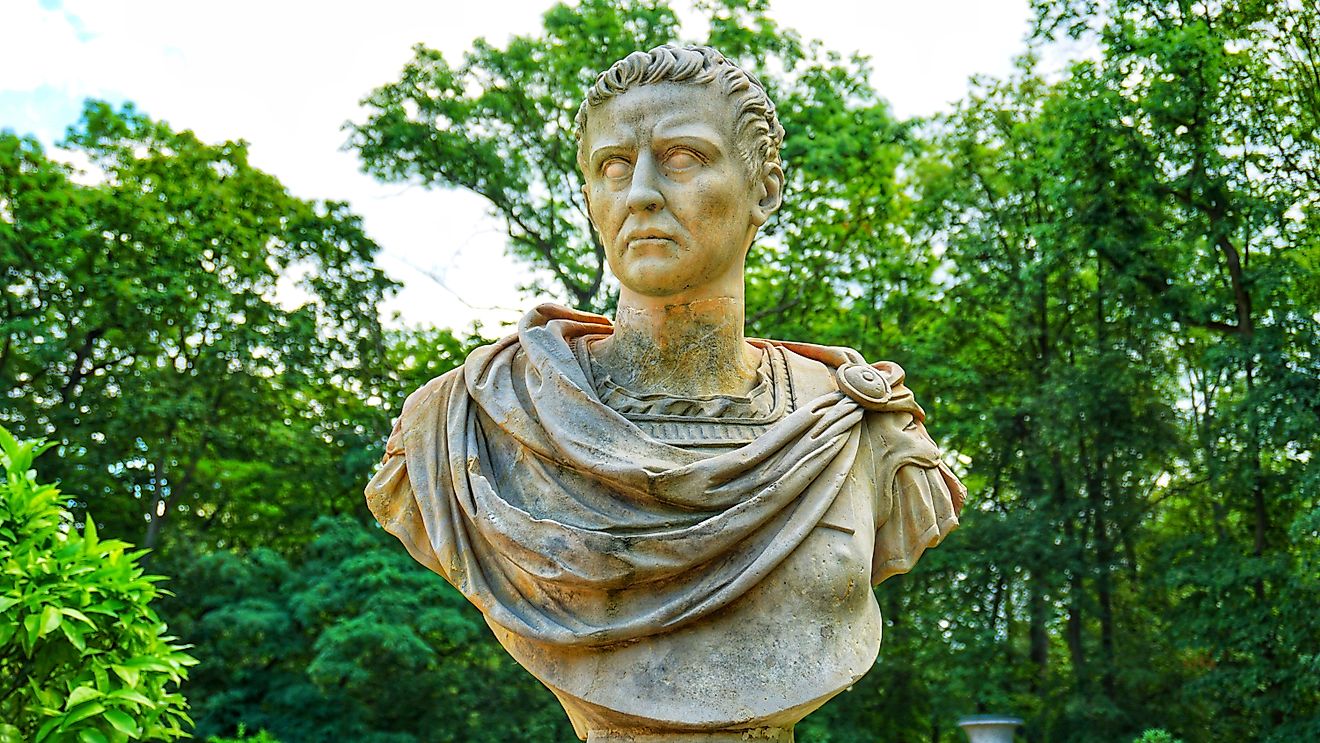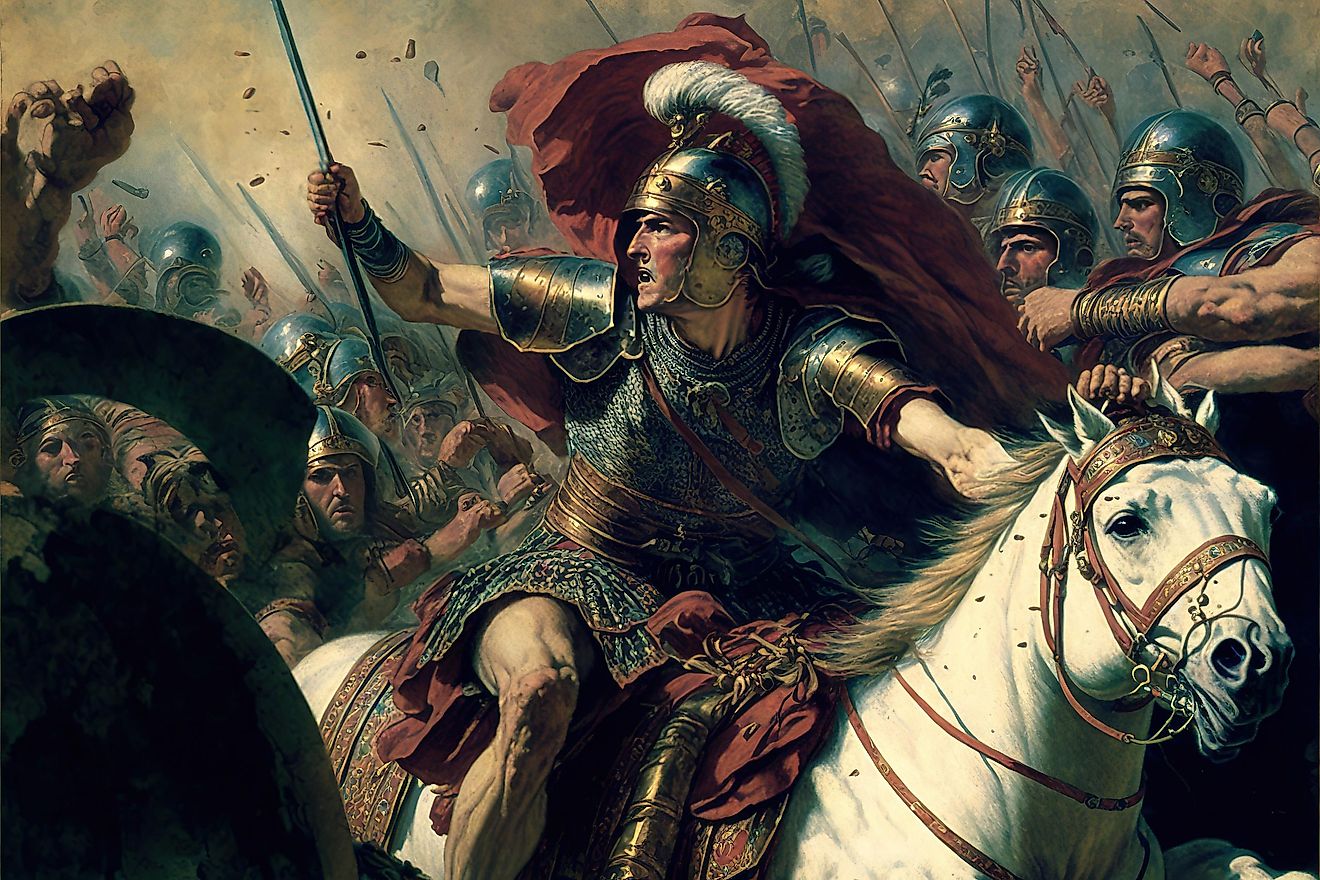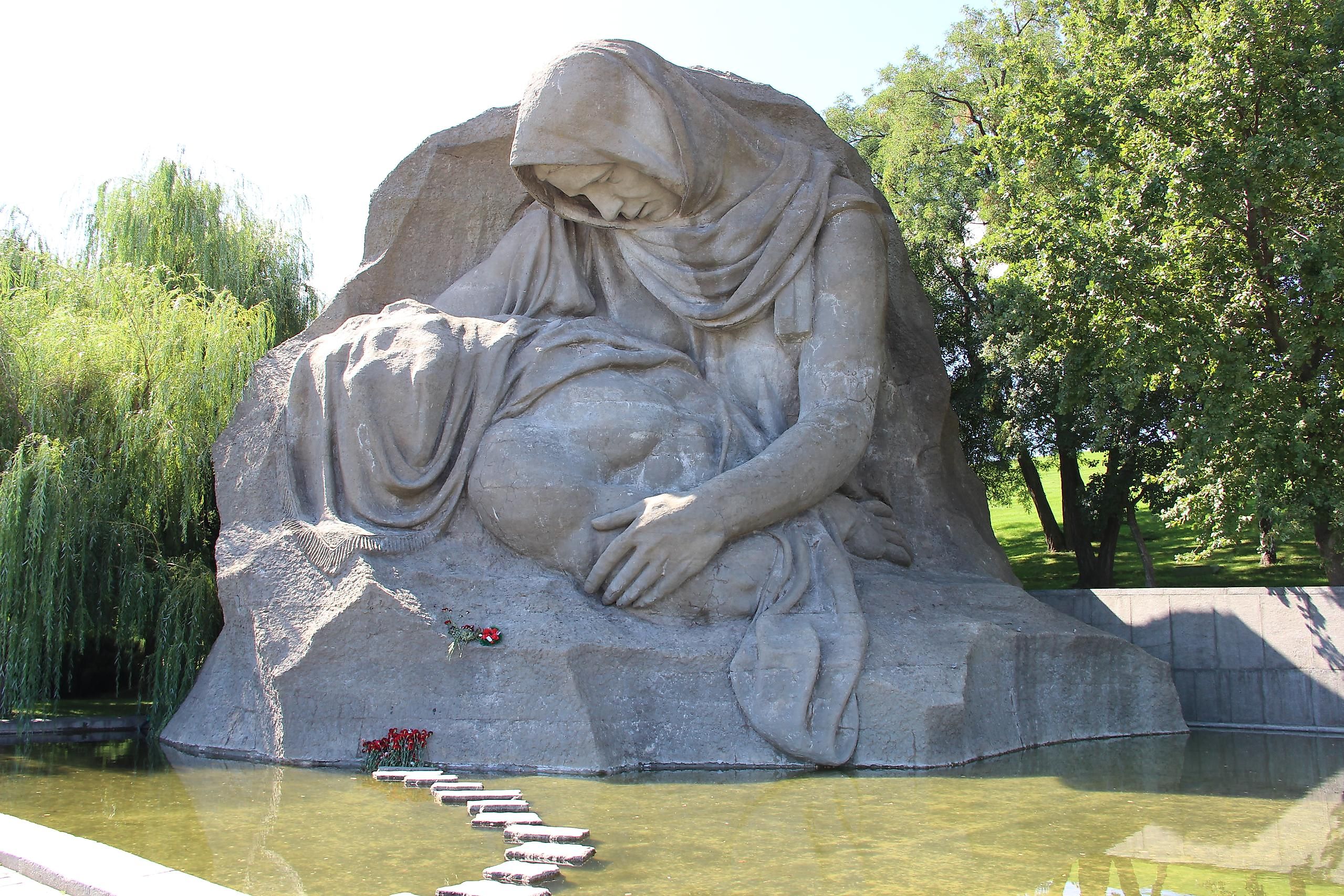
The Battle of Stalingrad
War is a complex and paradoxical phenomenon. While it is often a brutal and devastating manifestation of the worst aspects of human nature, it is also a necessary means of defense against tyranny and oppression. As Edmund Burke famously stated, "The only thing necessary for the triumph of evil is for good men to do nothing." This was certainly the case during the Battle of Stalingrad, as the Allied forces, including the Soviet Union, stood up against the forces of evil and fought to defend their freedom and way of life. The bravery and sacrifice of those who fought on the battlefield helped to turn the tide of the war and ultimately led to the defeat of the enemy. Without their willingness to bleed and die for the cause of justice, the world may have been a very different place.
The Decisive Battle of Stalingrad: A Turning Point in World War II
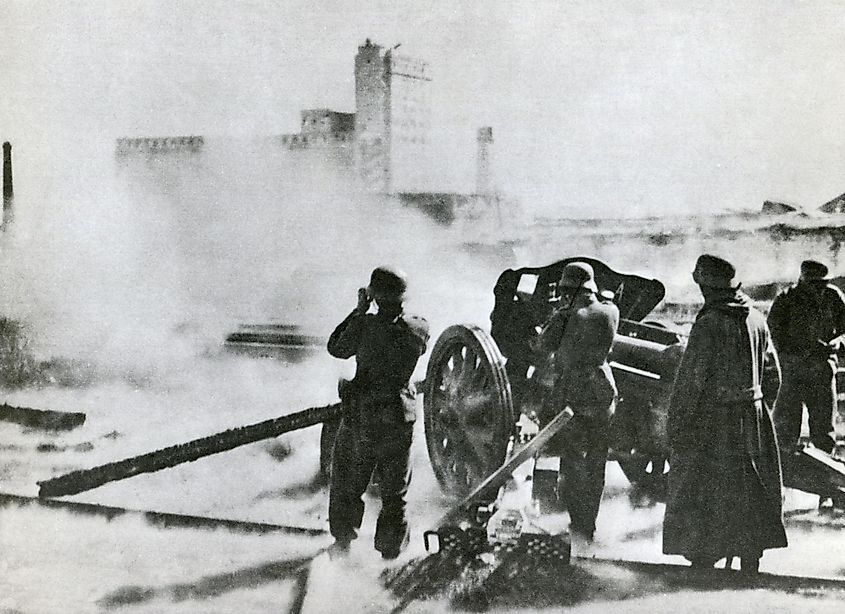
The Battle of Stalingrad was a pivotal moment in World War II and one of the deadliest battles in human history. It took place in the city of Stalingrad (now known as Volgograd) in southwestern Russia from July 1942 to February 1943 and was fought between the Soviet Union and Nazi Germany. The outcome of the battle marked a significant turning point in the war and had a lasting impact on the course of the conflict. The build-up to the battle began with the German invasion of the Soviet Union on June 22, 1941, known as Operation Barbarossa. The Nazi war machine was initially successful, making rapid advances into Soviet territory and capturing several major cities, including Minsk and Kiev. However, the Germans were not satisfied with that. They had their sites set on capturing Stalingrad. A city of immense strategic importance that controlled the oil fields in the Caucasus region. The Germans believed that capturing Stalingrad and securing control of these valuable oil fields would be a major blow to the Soviet war effort and help them win the war.
The Great Siege: The Tragic Cost of Victory at Stalingrad
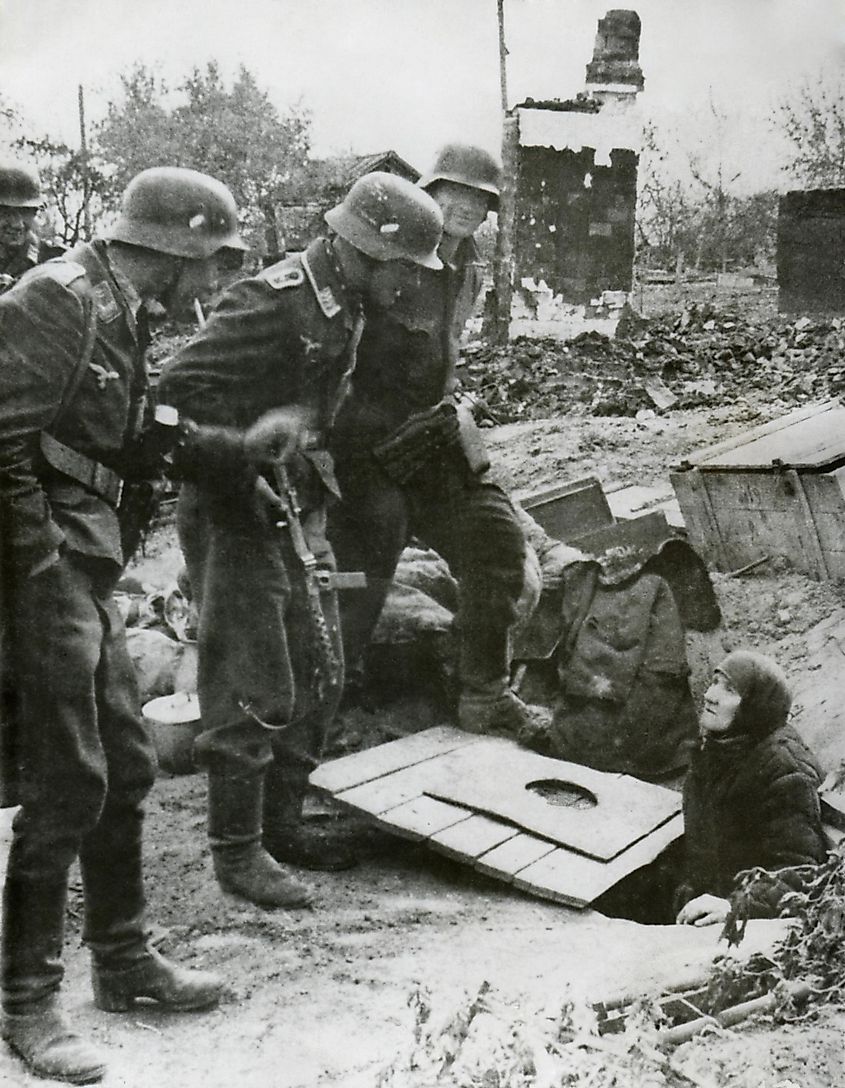
The Battle of Stalingrad was one of the deadliest conflicts of World War II, with both sides suffering heavy losses. It is estimated that the Soviet Union lost around 1 million soldiers and civilians during the battle, while the Germans lost around 500,000 soldiers. In addition to the loss of life, the battle also resulted in significant damage to the city of Stalingrad, which was left in ruins by the end of the conflict. Despite the heavy casualties and destruction, the Soviet Union emerged victorious in the Battle of Stalingrad, dealing a major blow to the Nazi war effort and marking a turning point in the war. The bravery and sacrifice of those who fought in the battle helped to shape the course of history and ultimately led to the defeat of the Axis powers in World War II.
The Role of Civilians in the Victory at Stalingrad
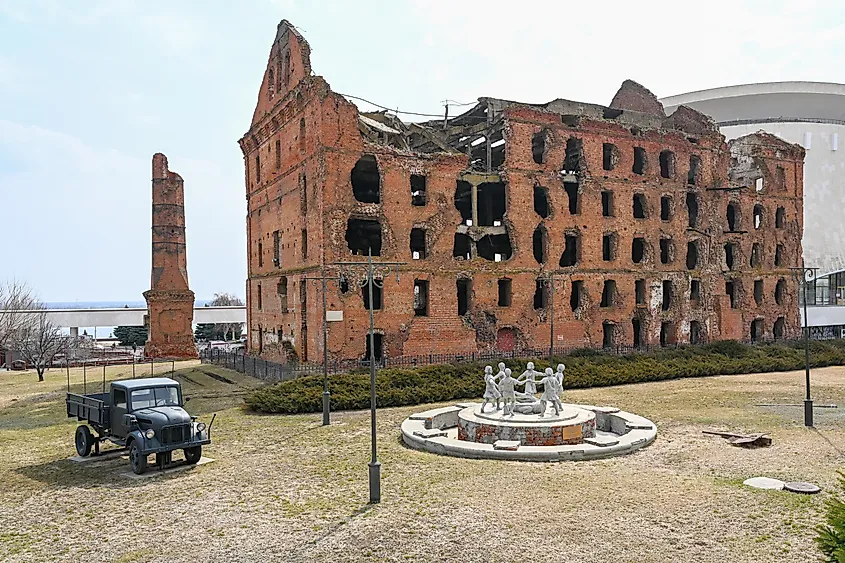
The role of the civilian population in the Battle of Stalingrad cannot be understated. From working in factories to repair damaged buildings and provide medical care, to supporting the military with logistics and reconnaissance missions, the efforts of civilians were crucial to the Soviet war effort. The harsh winter temperatures and brutal fighting made it difficult for the military to sustain their efforts, and the support of the civilian population helped to keep the work of defending Stalingrad possible. Without the contributions of these civilians, the outcome of the battle may have been very different.
The Turning Point: The Battle of Stalingrad's Impact on World War II
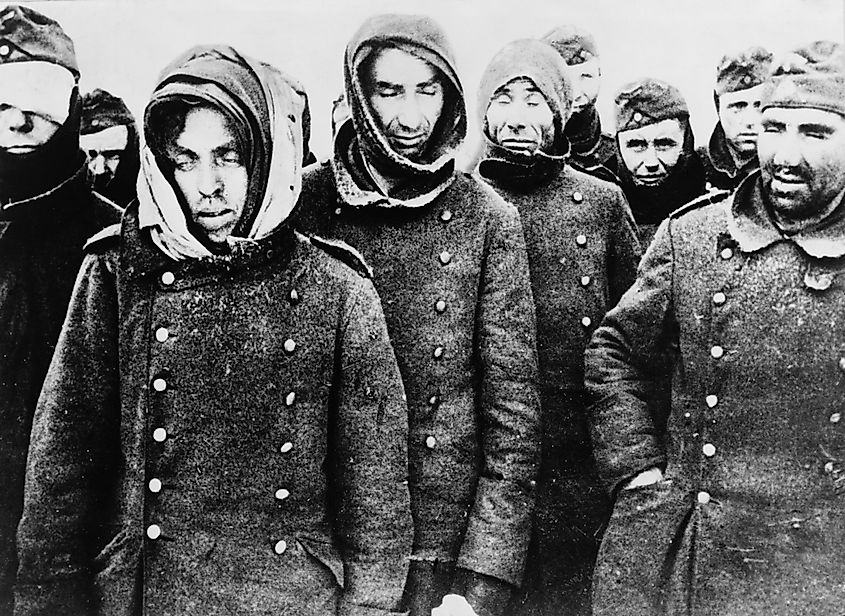
The Battle of Stalingrad had a significant impact on the morale of both sides and played a crucial role in the eventual defeat of Germany in World War II. For the Soviet Union, the victory at Stalingrad was a major boost to morale and a source of inspiration for the remainder of the war. It was seen as a triumph of Soviet strength and resilience and helped to rally the Soviet people to continue fighting against the Nazi invasion. For the Germans, the defeat at Stalingrad was a major setback and had a significant impact on morale. The Nazi war effort had seemed unstoppable in the early years of the war, but the defeat at Stalingrad marked a turning point and marked the beginning of the end for Nazi Germany. The heavy casualties suffered by the Germans at Stalingrad and the intense fighting of the battle also likely contributed to their demoralization. Overall, the Battle of Stalingrad was a defining moment in World War II and had a lasting impact on the course of the conflict. The victory of the Soviet Union at Stalingrad was a major boost to morale and a turning point in the war and played a crucial role in the eventual Allied victory in World War II.
In conclusion
The Battle of Stalingrad was one of the most important battles fought in World War II and had a lasting impact on the course of the conflict. The intense fighting and heavy casualties suffered by both sides serve as a reminder of the human cost of war. The strategic importance of Stalingrad and the oil fields in the Caucasus region also played a crucial role in the outcome of the battle and the course of the war. The battle was also a propaganda victory for the Soviet Union, serving as a rallying point and source of inspiration for the remainder of the war. The Battle of Stalingrad will always be remembered as a pivotal moment in history and a testament to the resilience and determination of the Soviet people.
